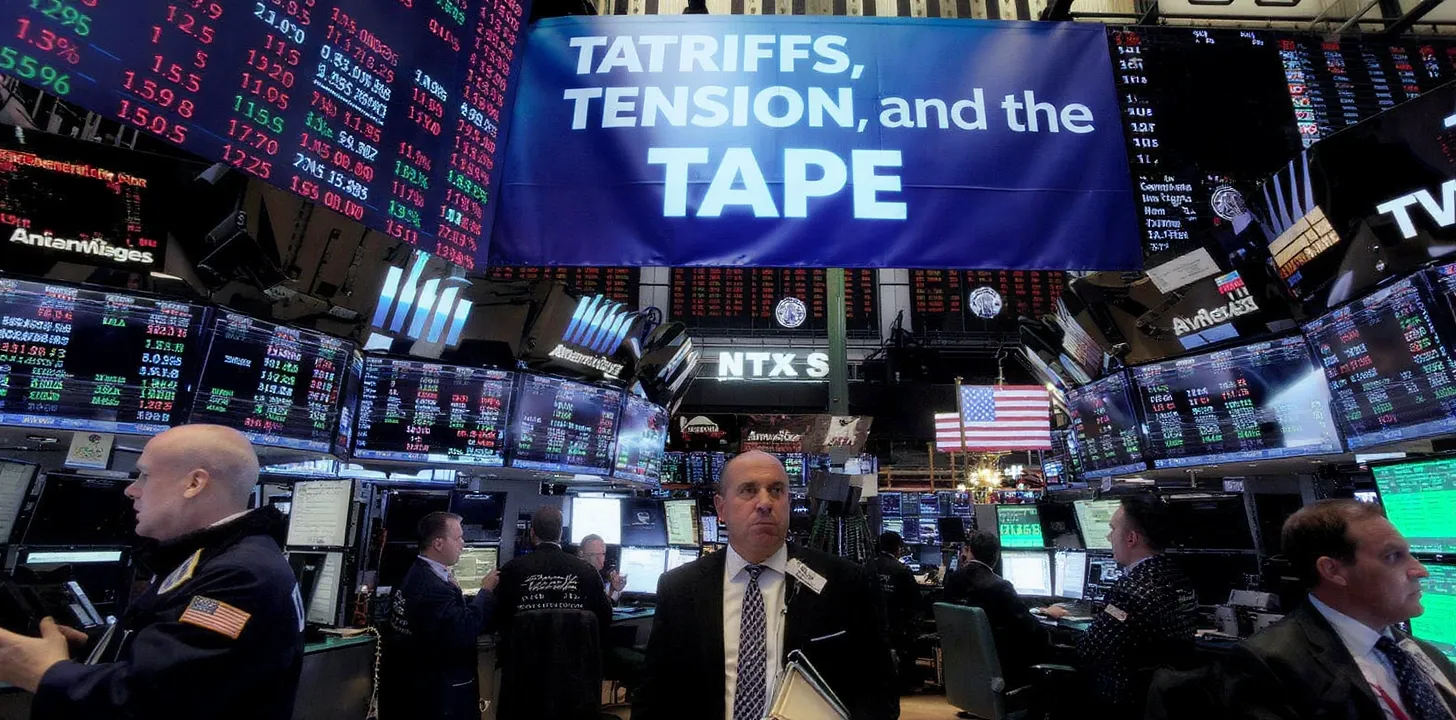Gross Domestic Product (GDP) is a critical economic indicator that reflects the overall economic health of a country. It measures the total value of goods and services produced within a nation’s borders over a specific period, usually quarterly or annually. The significance of GDP extends beyond just being a measure of economic performance; it has profound implications for currency markets and the broader economy. Understanding the relationship between GDP, currency values, and economic conditions is essential for policymakers, investors, and traders.
GDP as an Economic Barometer
GDP is often referred to as the “economic barometer” because it provides a comprehensive snapshot of a country’s economic activity. When GDP is growing, it indicates that the economy is expanding, businesses are thriving, and employment is generally increasing. Conversely, a declining GDP signals economic contraction, which can lead to higher unemployment rates, reduced consumer spending, and overall economic stagnation. Central banks and governments closely monitor GDP to make informed decisions about monetary and fiscal policies. For example, during periods of strong GDP growth, central banks might raise interest rates to curb inflation, while during economic downturns, they might lower rates to stimulate spending.
The Impact of GDP on Currency Markets
The value of a country’s currency is closely tied to its economic performance, with GDP playing a crucial role in this relationship. When a country’s GDP is growing, it generally attracts foreign investment, leading to an increased demand for its currency. This demand drives up the currency’s value in the foreign exchange market. On the other hand, if GDP figures are weak or declining, investors may lose confidence in the country’s economic prospects, leading to a sell-off of its currency and a subsequent depreciation in its value.
GDP reports can significantly influence currency market volatility. Traders and investors closely watch the release of GDP data, as it provides insights into the economy’s direction. A better-than-expected GDP report can lead to a surge in the currency’s value, while a worse-than-expected report can trigger a sharp decline. For instance, if the U.S. reports strong GDP growth, the U.S. dollar may appreciate against other currencies, as investors anticipate higher interest rates or stronger economic performance. Conversely, weak GDP data might lead to a depreciation of the currency as investors seek safer or more profitable opportunities elsewhere.
Long-Term Economic Implications of GDP Trends
The long-term trends in GDP growth or decline have profound implications for the broader economy. Consistent GDP growth suggests a robust economy with increasing productivity, higher income levels, and greater consumer spending. This environment typically leads to higher tax revenues for governments, allowing them to invest in infrastructure, education, and other public services. Over time, sustained GDP growth can lead to improvements in the standard of living and greater economic stability.
However, prolonged periods of low or negative GDP growth can have severe consequences. Economic stagnation or recession can result in high unemployment, reduced consumer confidence, and lower investment levels. In such scenarios, governments may need to implement stimulus measures, such as lowering interest rates, increasing public spending, or implementing tax cuts to revive the economy. Additionally, central banks may engage in quantitative easing to increase money supply and encourage lending.
GDP and Global Economic Dynamics
In today’s interconnected global economy, the GDP performance of one country can have ripple effects across the world. For example, the GDP growth of major economies like the United States, China, or the European Union significantly influences global trade, investment flows, and commodity prices. A strong GDP in these regions can boost global demand for goods and services, benefiting other economies. Conversely, a slowdown in a major economy can lead to reduced global trade, lower commodity prices, and economic challenges for countries that rely heavily on exports.
The interplay between GDP and currency markets is particularly evident in emerging markets. These countries often experience more significant currency fluctuations in response to GDP changes due to their higher economic volatility and reliance on foreign investment. Investors closely monitor GDP data from emerging markets to assess the risk and potential returns of their investments. As a result, strong GDP growth in an emerging market can attract substantial capital inflows, leading to currency appreciation, while weak GDP data can trigger capital outflows and currency depreciation.
Conclusion
GDP is a vital indicator of economic health that influences currency markets and the broader economy in significant ways. By providing insights into a country’s economic performance, GDP helps shape monetary policy, investor confidence, and currency valuations. Understanding the relationship between GDP and currency markets is crucial for anyone involved in the global economy, from policymakers and central banks to traders and investors. As global economic dynamics continue to evolve, the impact of GDP on currency markets and the broader economy will remain a critical area of focus.
Disclaimer: This is not an Investment Advice. Investing and trading in currencies involve inherent risks. It’s essential to conduct thorough research and consider your risk tolerance before engaging in any financial activities.



